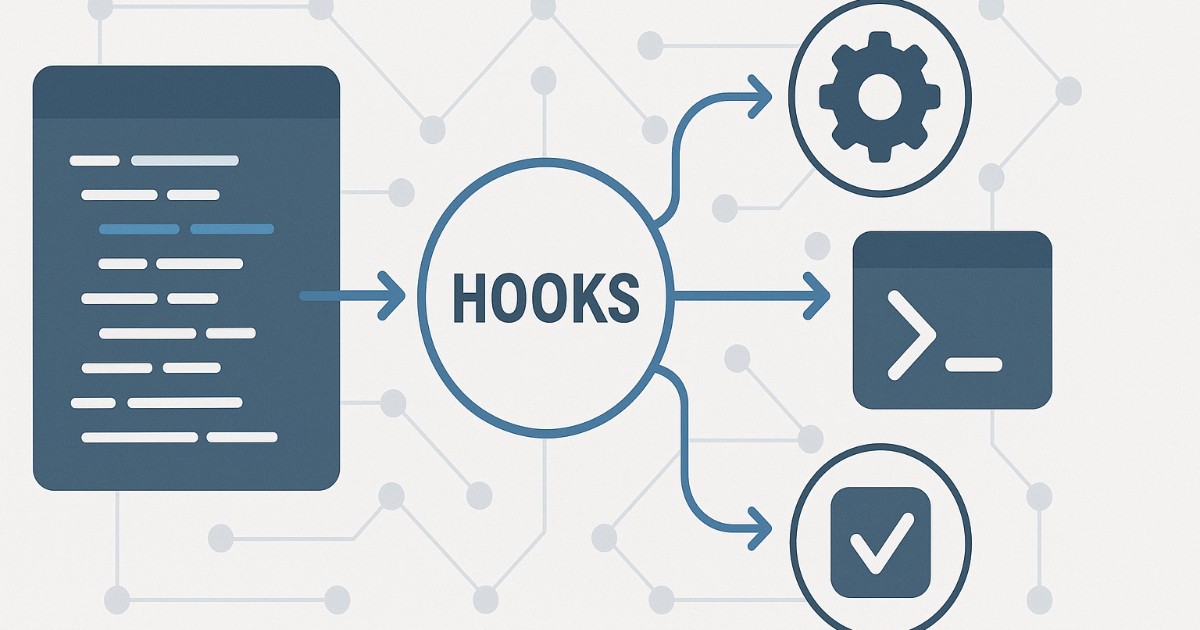
"Cursor has introduced a Hooks system in version 1.7 that allows developers to intercept and modify agent behavior at defined lifecycle events. Hooks can be used to block shell commands, run formatters after edits, or observe agent actions in real time. Early feedback has been cautiously positive: developers welcomed the added control and extensibility, with interest in applying hooks for guardrails, auditing, and workflow automation. However, adoption is limited so far, and users have noted gaps in documentation, occasional instability, and the need for clearer guidance around safe usage."
"Introduced in version 1.7, Cursor Hooks allow external scripts to run at defined stages of the agent loop. Each hook is configured via JSON and executed as a standalone process, receiving structured input over stdin and returning output to Cursor. Supported lifecycle events include beforeShellExecution, beforeMCPExecution, beforeReadFile, afterFileEdit, and stop, among others. For example, a developer can block an unsafe command, redact sensitive content before it reaches the model, or run a formatter after a code edit."
Cursor 1.7 introduces a Hooks system that lets external scripts run at defined stages of the agent loop. Hooks are configured via JSON and executed as standalone processes that receive structured input over stdin and return output. Supported lifecycle events include beforeShellExecution, beforeMCPExecution, beforeReadFile, afterFileEdit, and stop. Use cases include blocking unsafe shell commands, redacting sensitive content, running formatters after edits, and observing agent actions in real time. Early adopters report cautious optimism about control and extensibility while noting limited adoption, documentation gaps, occasional instability, and the need for clearer safety guidance.
Read at InfoQ
Unable to calculate read time
Collection
[
|
...
]